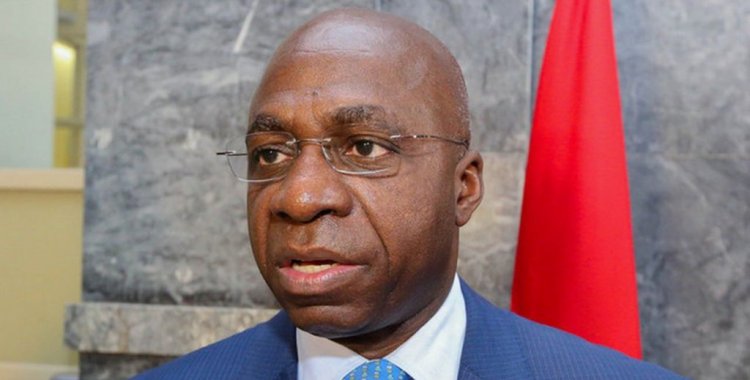Téte António made the observation in the National Assembly of Angola, which made possible this Tuesday by unanimity the Draft Resolution approving, for ratification, the Agreement establishing the African Continental Free Trade Area (ACFA).
The agreement, which created, on 21 March 2018, in Kigali, Rwanda, the FTAA, already signed and authenticated by Angola, aims to create a continental market, with a view to the movement of people, goods and services crucial for the deepening of economic integration.
In his speech, the head of Angolan diplomacy stressed that the United Nations Economic Commission for Africa predicted a growth of 3.8 percent for the continent this year, but due to covid-19, now estimates only 1.8 percent.
"It means that we will need mitigation measures, so that we can continue with this process of creating the Continental Free Trade Area," said Téte António.
Regarding the impact for Angola of this agreement, the government said it was intended that "the dismantling of tariffs would take place within ten years, for the less vulnerable tariff lines.
In terms of "sensitive products, we should do so within a period of three years, being able to maintain the current tariffs for the next five years and begin liberalisation in the following eight years," Téte António said, adding that it was "a progressive process, hence the precautions that were negotiated by technicians from the different branches, particularly from the Trade Ministry.
He stressed that Africa is a market that represents 1.27 billion people - 16.2 percent of the world's population - with a combined Gross Domestic Product potential estimated at 3.4 trillion dollars.
According to Téte António, with the entry into force of the zone there will be an increase in intercontinental trade, which should increase from the current 16 percent to 53 percent, with the elimination of customs duties on 90 percent of the goods exchanged and increase the trade of African countries by 23 percent by 2023.
Téte António admitted that infrastructure is "one of the great problems of the African continent", which can be overcome through a process of internal dynamics.
"Let's look at what's happening at our borders, there's pressure from our peoples to trade among themselves, to what extent are we following these processes, as a state? I think this is one of the answers we should give on economic integration, what the leaders have done", he stressed.
The head of Angolan diplomacy considered that the process of African economic integration can no longer be seen "with the same pessimistic look, which often existed", because "economic integration has advanced a lot".
The head of the foreign affairs portfolio recalled that some factors have slowed down economic integration, particularly conflicts, and that "many economic communities have devoted a great deal of effort to conflict resolution and not necessarily to economic organisations".
For the head of Angolan diplomacy, a paradigm shift is also needed, referring to the vertical relationship, which existed for centuries, between the extractive and transformation sectors, where raw materials left the continent for transformation.
"Then we went through a phase in which the same vertical relationship continued, from the continent to the emerging countries, and therefore we need to correct this paradox in order to have a horizontal relationship between the extractive sector and the transformation sector," he said.







